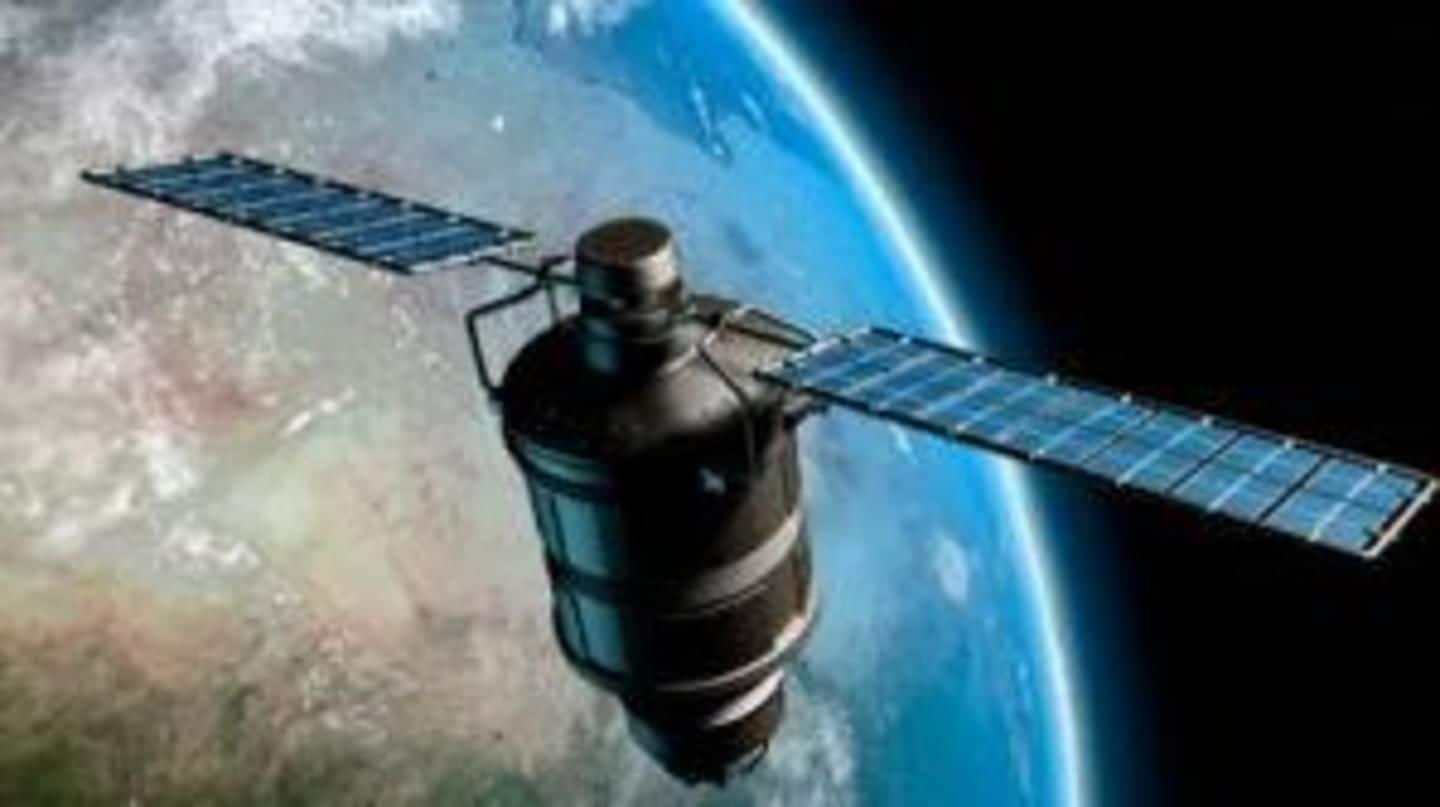
ISRO develops indigenous atomic clocks for indigenous navigation satellites
What's the story
In a first, the Indian Space Research Organisation (ISRO) has developed an indigenous atomic clock to be used in its indigenous navigation system called IRNSS (Indian Regional Navigation Satellite System). Atomic navigation clocks measure accurate positional information and provide precise location data to users on the Earth. Currently, ISRO imports atomic clocks from European aerospace manufacturer Astrium.
Background
What is IRNSS?
The IRNSS, also known as NavIC (Navigation in Indian Constellation), is a seven-satellite indigenous navigation system that provides accurate positional information services to India and the regions extending up to 1,500 km from its boundary. It is a smaller, desi version of the 31-satellite-strong American Global Positioning System (GPS). All seven navigation satellites have three imported Rubidium atomic clocks each.
Workings
How do atomic clocks work?
All atomic clocks are supposed to be synchronized in order to provide precise location data. "The time difference between the atomic clocks of different satellites positioned at different orbits is used to measure the accurate positioning of a navigation receiver (your smartphones)," Tapan Misra, Director of Ahmedabad-based Space Applications Centre (SAC) that helped ISRO develop the clock, said.
Fact of the matter
Why does ISRO suddenly need to develop own atomic clocks?
Nine out of the 21 imported clocks in the seven-satellite fleet have failed. ISRO is concerned that if more clocks fail, the entire Rs. 1,400-crore project will be ruined. IRNSS is supposed to free India from its reliability on America's GPS system and provide Indian military reliable location and time information. However, due to these malfunctions, it is yet to become officially operational.
Keeping IRNSS afloat
Backup satellite need to be launched for atomic clock malfunctions
Last month ISRO sent the IRNSS-1I navigation satellite to replace the faulty IRNSS-1A navigation satellite in the IRNSS. Its three atomic clocks had stopped working two years ago. IRNSS-1A was India's first navigation satellite under the IRNSS. Besides using indigenous atomic clocks, ISRO will also add four more navigation satellites to IRNSS to keep the project running.
Achievement
Indigenous atomic clocks are a mark of technological advancement
Misra said, "The clock is currently undergoing qualification tests. Once it clears all tests, it will be used in an experimental navigation satellite to test its accuracy and durability in space." He added, "ISRO has become one of the few space organizations to have gained the capability to develop this highly sophisticated technology. We hope that it will easily work for over five years."